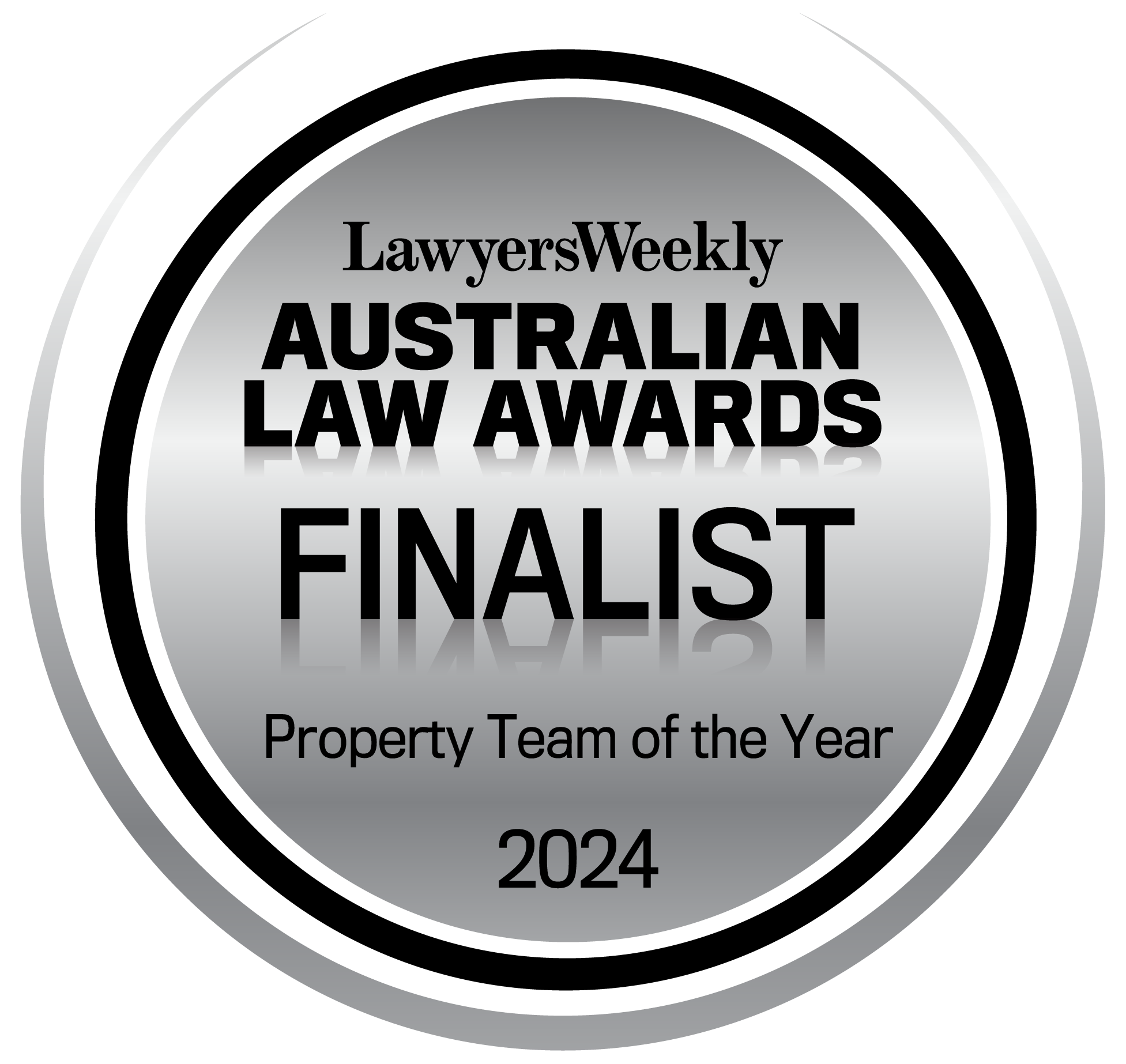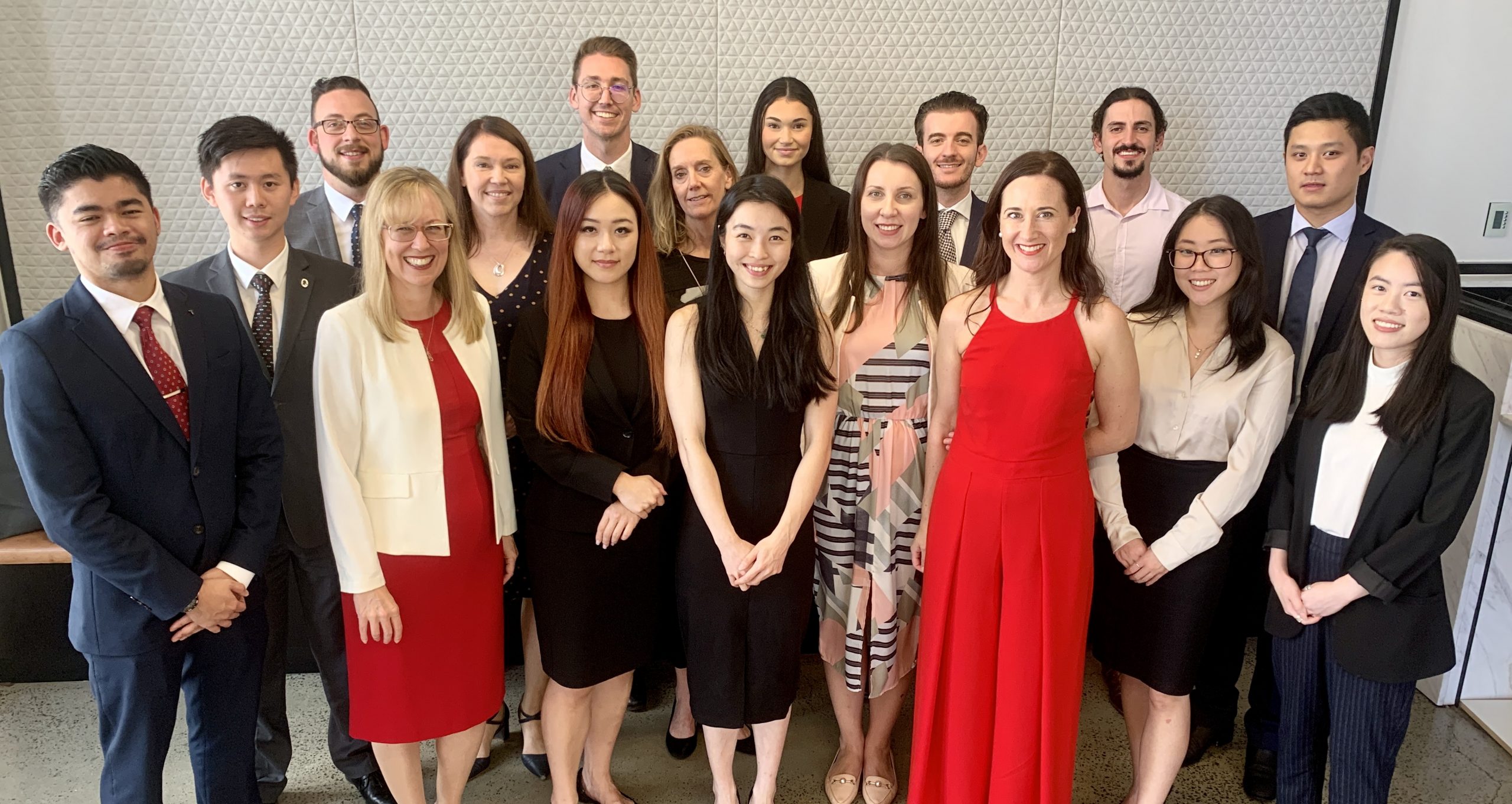Can we fix it? Yes, we have to!
Written by Leisha de Aboitiz and Ole Mitrevski on August 1, 2015
When it comes to repairs and maintenance, an Owners’ Corporation needs to take its obligations very seriously.

An Owners’ Corporation must repair and maintain common property in accordance with section 62 of the Strata Schemes Management Act 1996 (NSW) (the Act). This is an absolute and strict liability duty, and is commonly misunderstood.
A duty of absolute and strict liability
The duty imposed under section 62 is a duty that goes beyond taking reasonable steps or using best endeavours, meaning that an Owners’ Corporation could be in breach of its obligations under section 62 despite:
- not being aware of the breach;
- using “best endeavours” to perform the duty; or
- another person causing or contributing to a breach[1].
This is because section 62 imposes a strict and absolute duty on an Owners’ Corporation to maintain and keep its common property and personal property in good repair; i.e. the obligation is not only to repair damage when it occurs, but to prevent it from occurring in the first place[2].
When there is a breach?
A breach will be taken to occur from the moment any part of the common property or personal property of the Owners’ Corporation (e.g. washing machines, exhaust systems) is not working properly or requires repair, unless the Owners’ Corporation determines not to repair it per section 62(3). It doesn’t matter if the Owners’ Corporation acts promptly in fixing the problem; theoretically, the problem should have never occurred.
What is required?
To comply with its duties under section 62, an Owners’ Corporation must:
- repair any personal property or common property that no longer operates effectively (or at all) or has fallen into disrepair[3]3; and
- properly maintain its personal property and common property, including by taking preventative measures (e.g. common property altered without consent should be restored to its original state)[4].
What are the extent of the obligations?
Compliance with section 62 does not require:
- replacement of inefficient systems with better systems (e.g. a functioning outdated air conditioning system does not need to be replaced with a more efficient system);
- “improvement” of facilities (i.e. replacement with an equivalent, but not better, system is sufficient); or
- repair or maintenance of anything specified in a special resolution made under section 62(3).
Resolving not to repair or maintain common property
Pursuant to section 62(3), an Owners’ Corporation may determine (by special resolution) that sub-sections 62(1) and (2) will not apply to certain property, provided that:
- it is inappropriate to maintain, renew, replace or repair the specified property; and
- its decision will not adversely impact safety or appearance at the scheme.
There is no need to provide reasons for passing the special resolution, however relevant considerations may include: cost of repair, interference or disturbance, suitability or usefulness etc.
What happens if there is a breach?
Recent case law suggests that a breach of section 62 would most likely give rise to statutory remedies (e.g. an order to comply, rather than damages). However, if malfunctioning or damaged common property causes loss, damage or injury (e.g. to a lot owner or visitor), then the Owners’ Corporation may be exposed to a common law claim for damages (e.g. in negligence).
Some ways to reduce risk associated with a breach, or potential liability flowing from a breach, include:
- establishing systems to regularly monitor the condition of the common property; and
- acting promptly to remedy a breach and prevent consequential damage (e.g. consider whether roof damage will cause further damage each time there is a storm).
Tips and traps for strata managers
Regardless of how the repair or maintenance issue arises (e.g. at a general meeting or by notification), it is important to recognise the obligations of an Owners’ Corporation under section 62 and to ensure that:
- the Owners’ Corporation (and its Executive Committee) understands that that the duty is mandatory and is a strict liability obligation, unless a special resolution is properly passed for affected property;
- the Owners’ Corporation is proactive and not reactive (e.g. recommend a regular inspection process); and
- there is no delay in remedying a breach or carrying out repair or maintenance works.
If the Owners’ Corporation or its Executive Committee does not fully appreciate the full scope of the duty, or it appears there is a breach, then consider whether legal advice should be obtained.
For further information, please contact Leisha de Aboitiz or Ole Mitrevski.
DISCLAIMER: This article is intended to provide commentary and general information. It should not be relied upon as legal advice. Formal legal advice should be sought having regard to any particular facts or circumstances.
[1] Seiwa Pty Ltd v Owners Strata Plan 35042 [2006] NSWSC 1157 – contributory negligence is no defence to the breach of a statutory duty, but a cross-claim may be available.
[2] Seiwa Pty Ltd v Owners Strata Plan 35042 [2006] NSWSC 1157
[3] Ridis v Strata Plan 10308 [2005] NSWCA 246.
[4] Owners – Strata Plan 21702 v Krimbogiannnis [2014] NSWCA 411.
Insights
Finalist - Property Team of the Year
This recognition is a tribute to all of the hard work carried out by our lawyers and support staff, and also to our wonderful clients who have been a pleasure to work with, and who provide us with such rewarding transactions.
We look forward to enjoying a fun night with our peers at the LawyersWeekly Awards ceremony in August!

July 15, 2024
Legal 500 (Asia Pacific) Guide 2023
Sincere thanks to our wonderful clients and hard-working team for supporting our inclusion in the Legal 500 (Asia Pacific) Guide as a leading firm in Real Estate for 2023
The Legal 500 has been analysing law firm capabilities across the world for more than 3 decades in over 150 jurisdictions. Their research is based on: “feedback from 300,000 clients worldwide, submissions from law firms and interviews with leading private practice lawyers, and a team of researchers who have unrivalled experience in the legal market.” – https://www.legal500.com/about-us/

February 10, 2023
"Excellence Awardee" - Boutique Firm of the Year - 2022 Australasian Law Awards
We are delighted that Massons has been selected as an “Excellence Awardee” in the category of “Boutique Firm of the Year” at the 2022 Australasian Law Awards.
Thank you to all of our wonderful clients who have supported our nomination in this category, and to our amazing lawyers and support staff for making this possible!
Wishing all the other Awardees the best of luck and looking forward to the Gala Dinner. A night out with our team is always cause for celebration – win, lose or draw!!
March 23, 2022
Doyle's Guide 2022
We are excited about our inclusion in Doyle’s Guide for 2022 for NSW in the following categories:
Massons – Leading Property & Real Estate Law Firms
Jodie Masson – Leading Property & Real Estate Lawyers and Leading Leasing Lawyers
Leisha de Aboitiz – Leading Property & Real Estate Lawyers and Leading Leasing Lawyers
Ben Malone – Property & Real Estate Law Rising Stars
Thank you to all of our peers and wonderful clients who have helped to achieve this recognition.
March 14, 2022
"Rising Stars" Australasian Lawyer 2022

February 28, 2022
Appointment as Senior Associate
We are excited to announce the appointment of Alex Ho as a Senior Associate at Massons. Alex started with us as a paralegal and has achieved this milestone in record time due to his hard work, his ability to develop and sustain fantastic relationships with clients, his engagement in constantly seeking to improve himself and others in equal measure, and his absolutely infectious enthusiasm. We couldn’t be prouder! Congratulations Alex!

January 5, 2022




